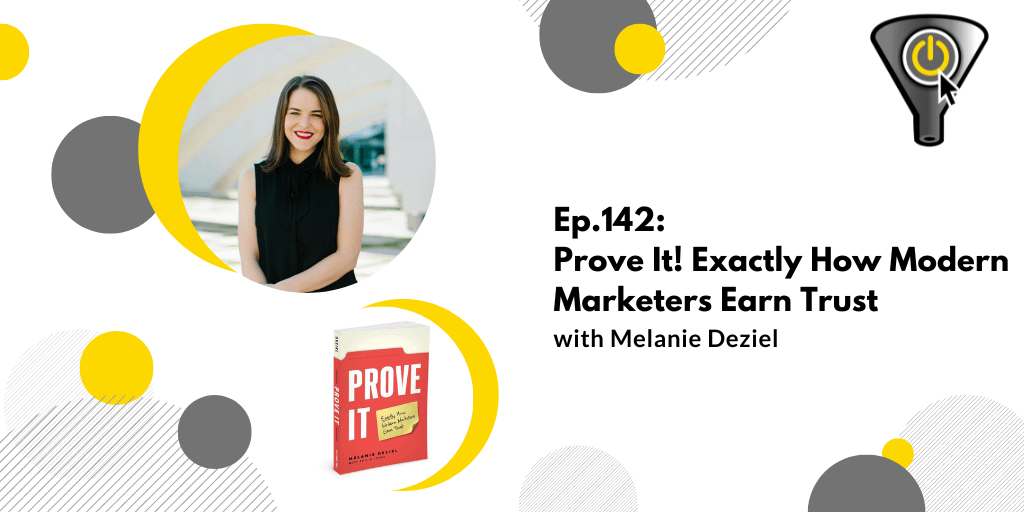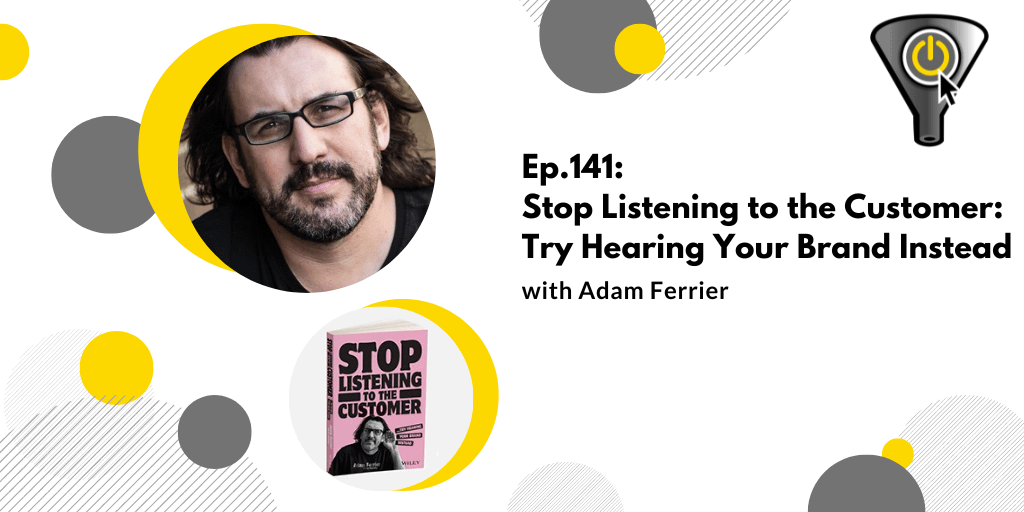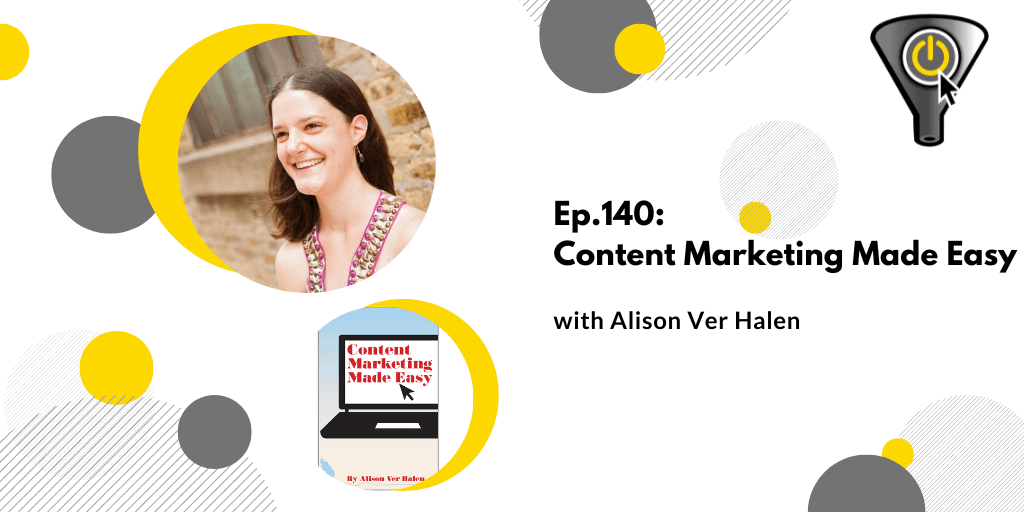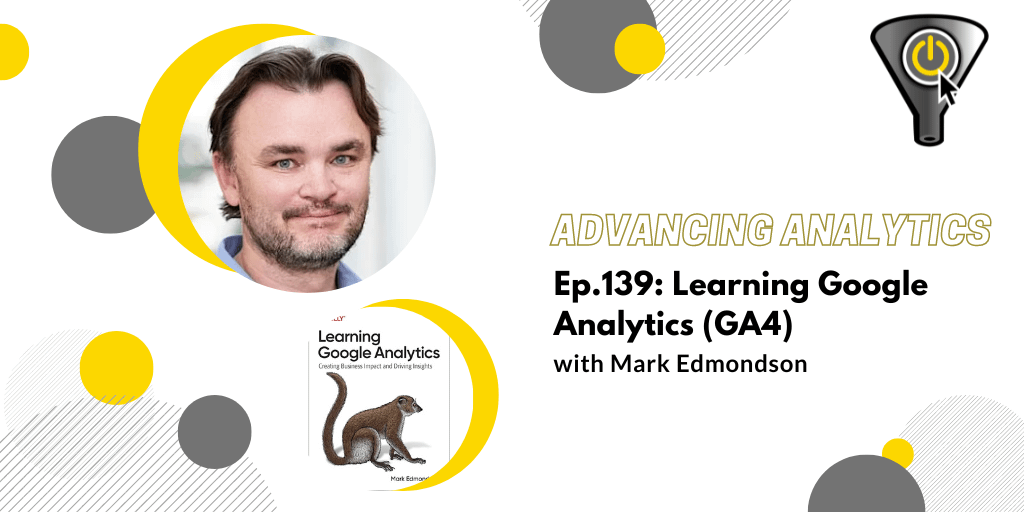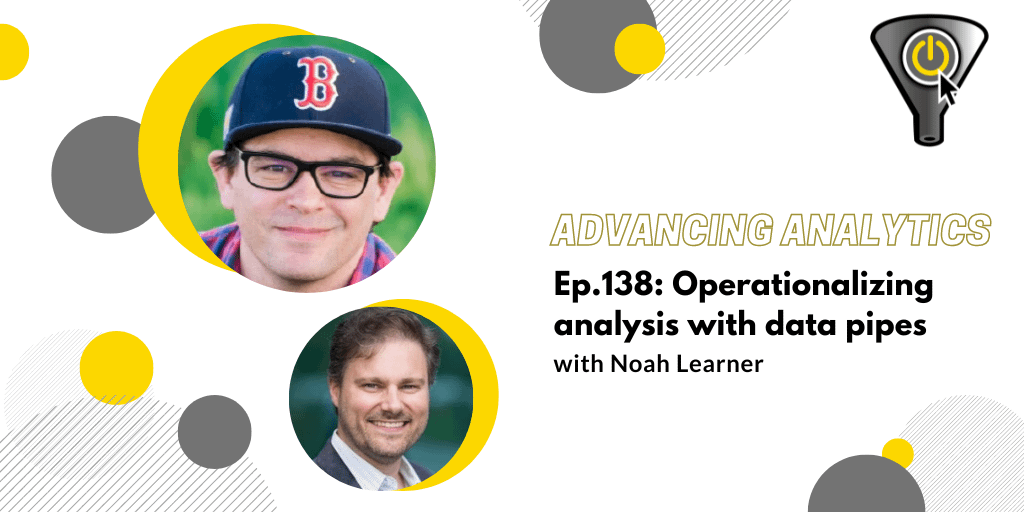For several years running, noted marketing expert David Meerman Scott would access all the corporate press releases captured by major wire services. These covered product launches, major client signings and other moments when companies would talk about what distinguished them from their competitors. He posted his analysis of all this data and, without fail, almost all of them chose the same words to describe themselves. They made matters worse by, in David’s words, by “using gobbledygook-laden phrases that are so overused to have become meaningless”
We know we must try to embed our brand’s personality into our writing – my last episode featured an expert talking about that. But that’s not all we can do.
We’ve got to change the way we talk about ourselves, to cut through people’s cynicism. If we’re ever going to be believed by our prospective buyers, we’ve got to own what customers say in reviews of our products or services, and make claims about ourselves that duly represent what they could experience by buying from us.
Though noble, pulling this off sounds like a ton of work. But the premise of the book I’m covering today is that it’s doable, if you make it part of your normal marketing workflow. The book which came out in 2022 is called, “Prove It.“
It’s the second book by Melanie Deziel, whose first book was “The Content Fuel Framework” She is an award-winning speaker and content creator. She has worked at various media companies, including The New York Times and Time Inc. In addition to her professional experience, Melanie has also taught courses on content marketing and digital marketing at universities such as Fairleigh Dickinson, Syracuse, and the City University of New York.
People/Products/Concepts Mentioned in Show
One brand that proves it: Patagonia
Melanie’s Linkedin profile
Melanie’s Twitter profile
Melanie’s agency, Storyfuel.co

